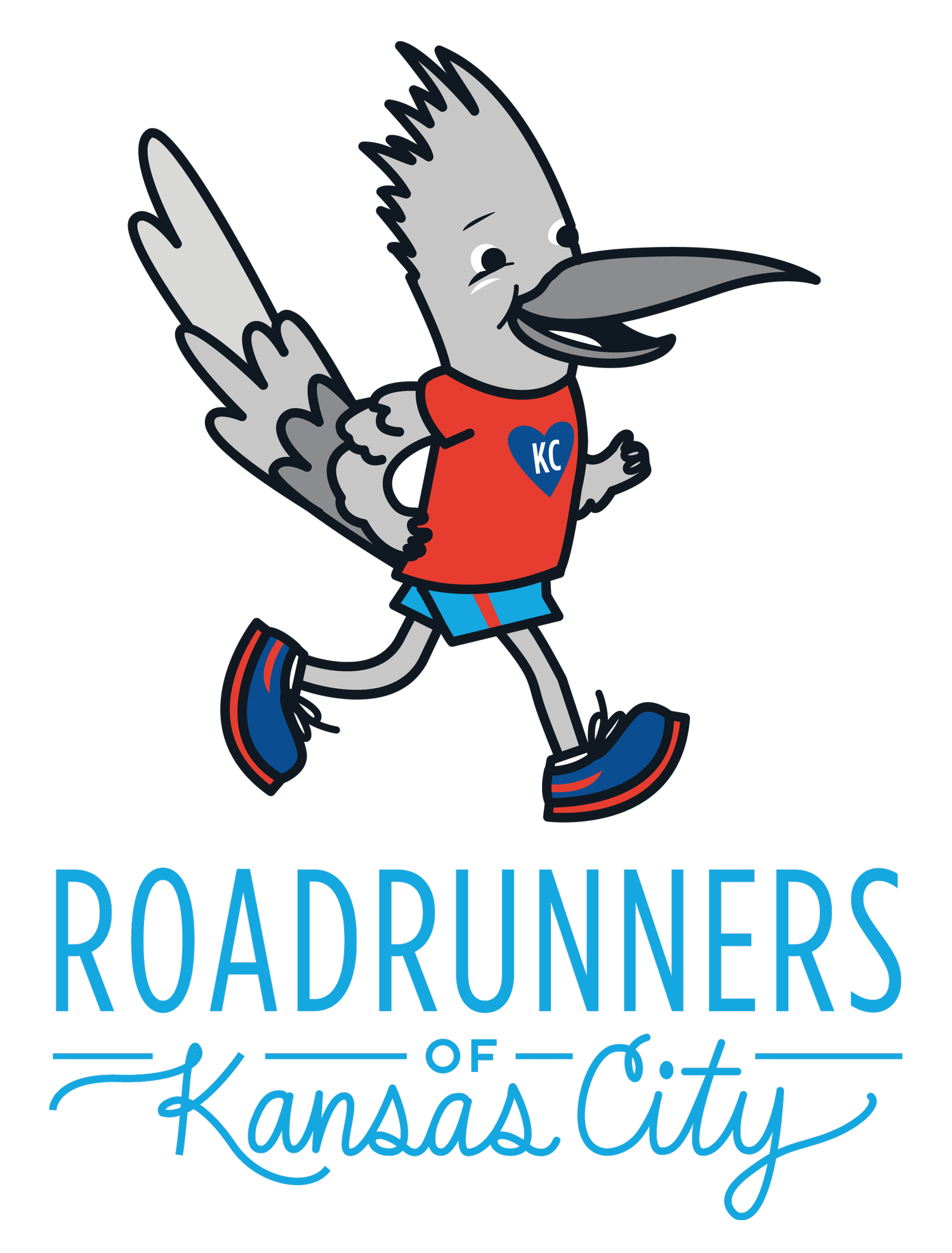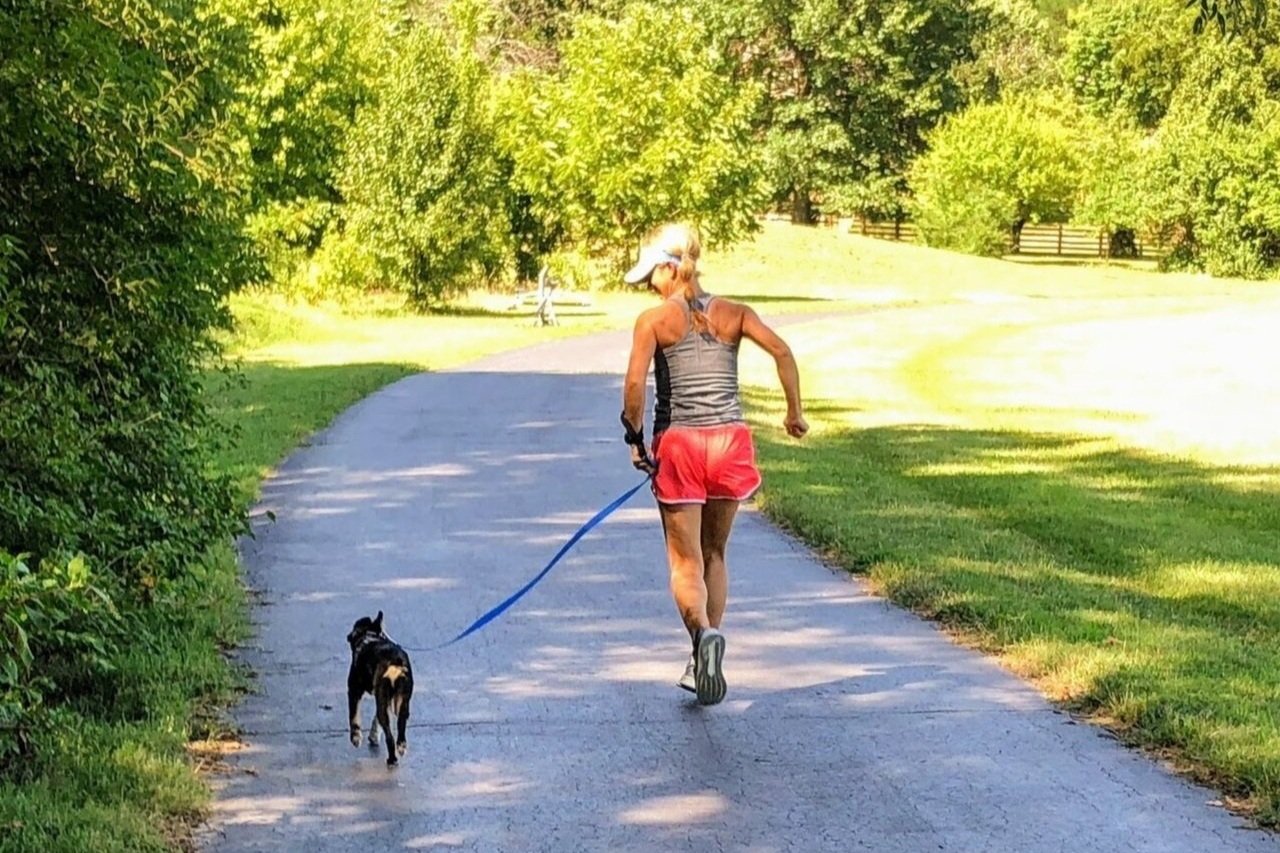Here is a case example. Let’s say you are a runner with pain in the area of the hamstring (back of the thigh) during or after running. There are as many as fifteen or more possible differential diagnoses for pain in the back of the thigh with running. It could be the result of:
Injury or impingement of the joints of the spine, hip, or sacroiliac joint
Sciatic nerve compression or entrapment anywhere from the nerve roots at the spine, sciatic notch, glute, or hamstrings
Tendinopathy or tear of the hamstring or adductor muscles
Stress fracture
Problem with external iliac artery
In a best-case scenario, improper diagnosis and treatment of your thigh pain delay healing. In the worst case, improper diagnosis and treatment may lead to severe debilitation. So then, what should your coach do for you?
What to expect from a coach when you are injured or in pain:
A Referral
Your coach should refer you to a healthcare professional for evaluation and treatment at the first sign of a problem, no matter how mild or “small” that injury may seem to either one of you. Pain is the body's signal that something is not right. To evaluate and treat the problem is out of their scope. A coach may provide CPR and first aid in an emergency situation as long as they maintain certification with the American Red Cross Association. Go here for a list of what constitutes first aid.
Communication
Your coach should remain in communication with you regarding your health status as it relates to your training. You can sign an authorization form provided by your healthcare professional allowing them to discuss your rehabilitation with your coach. This communication can help a coach adapt or modify your training plan or pause it if needed. Your healthcare professional may prescribe some changes for your coach to implement like a walk/run program at 50% volume or limit the amount of hill running, for example.
Physical therapists, physicians, coaches, and personal trainers should play a positive role in your recovery by working together within their scope of practice. I know just how important it is for a coach to keep their athletes healthy. In fact, one of the most rewarding aspects of my role as a physical therapist is working as a team with other coaches in the community to keep their injured athletes in sport or help them return to it. I get to help TWO people, not just one!
Support
Your coach should provide you with emotional support, encouragement, and inspiration during recovery. For example, they can suggest alternative ways to stay involved with the team/club or run community even if you need to take a break from running. One of my favorite examples of this is when a local coach organized regular group walks for her injured athletes (and their dogs). A coach can also help you modify your short- and long-term training goals based on your current level of function.
What NOT to expect from your coach when you are injured or in pain:
If your coach does not have a license to practice physical therapy or medicine, they shall not evaluate you or diagnose your injury nor should they purport to treat or cure you. Even if a problem is diagnosed by a healthcare professional, a coach is not qualified to provide or prescribe treatment. If they attempt to do this, they are practicing medicine without a license.
Examples of types of treatments that may be provided by a licensed physical therapist, not a coach:
prescribing exercises, stretches, or nerve glides for the purpose of rehabilitation/treatment of pain
soft tissue mobilization (manual or instrument-assisted)
joint mobilization
Please note: this is not an exhaustive list of treatments provided by physical therapists. A thorough list is available on the American Physical Therapy Association website.








